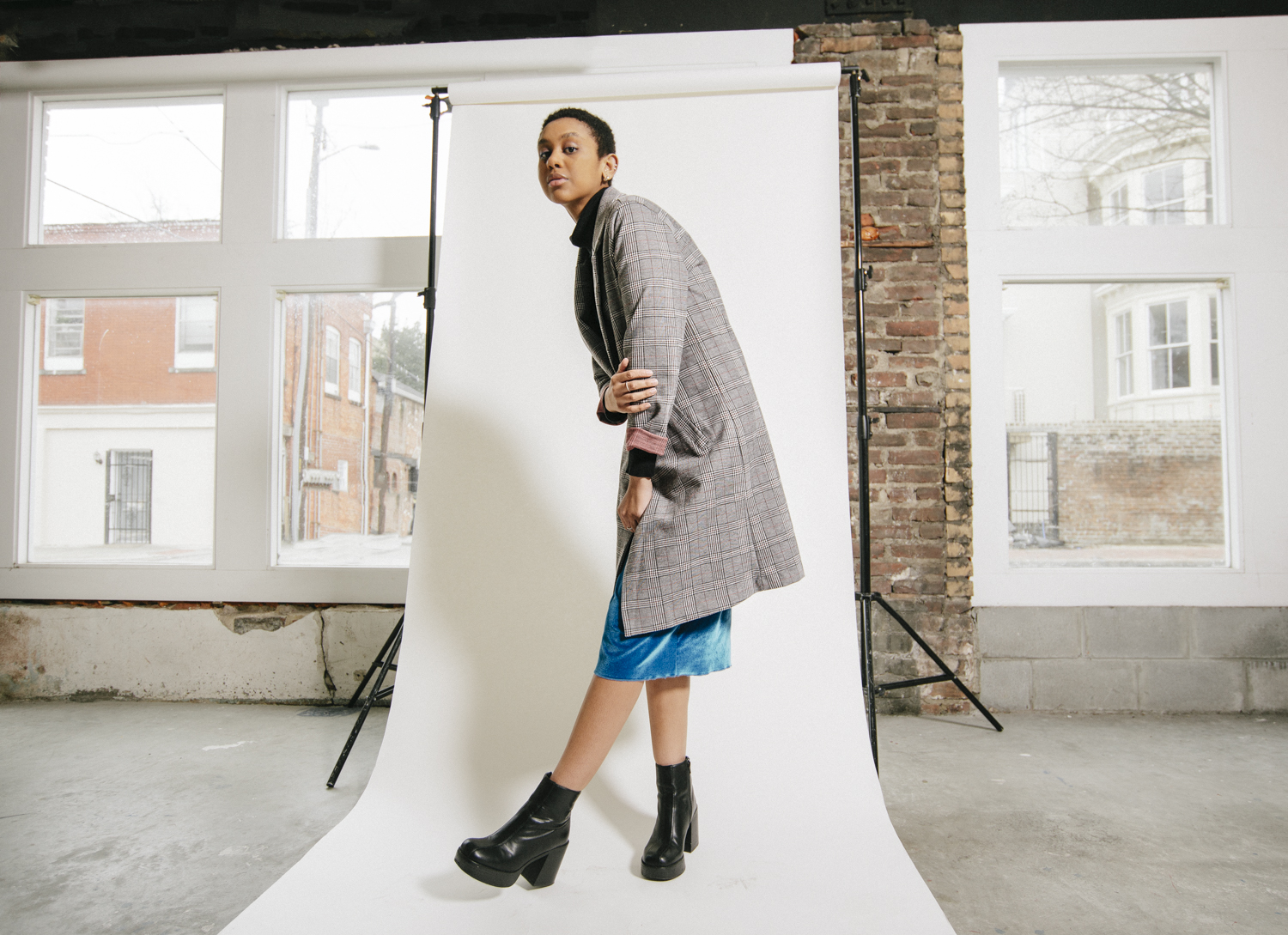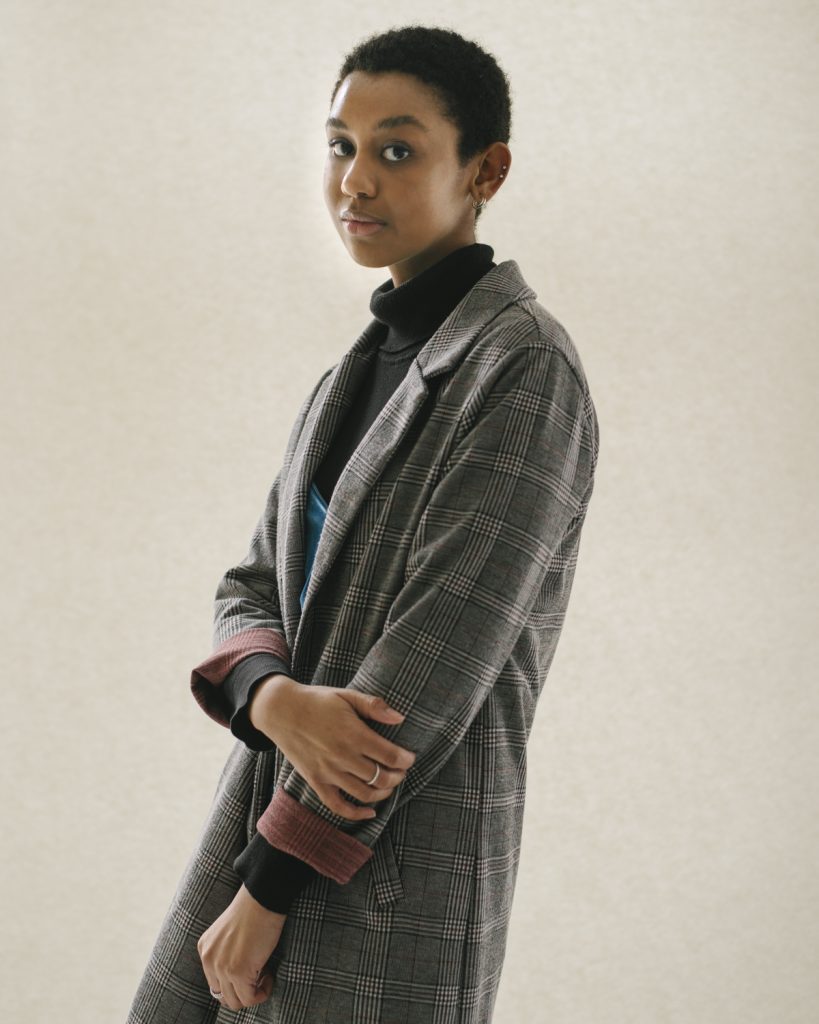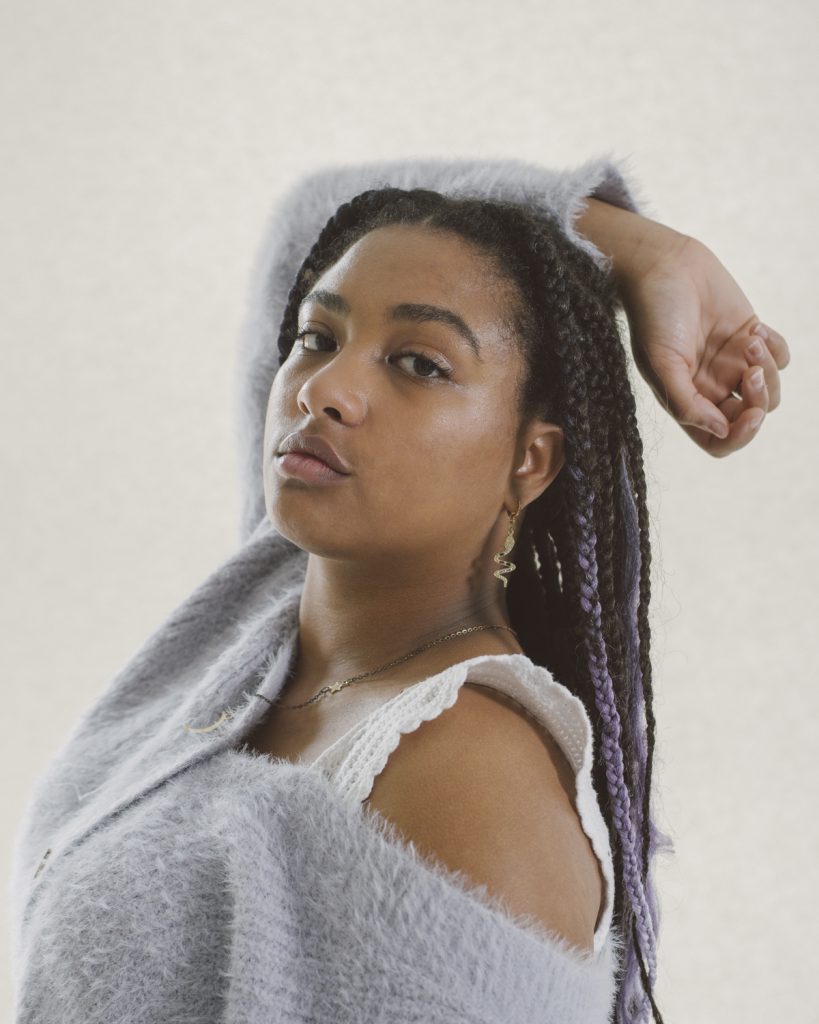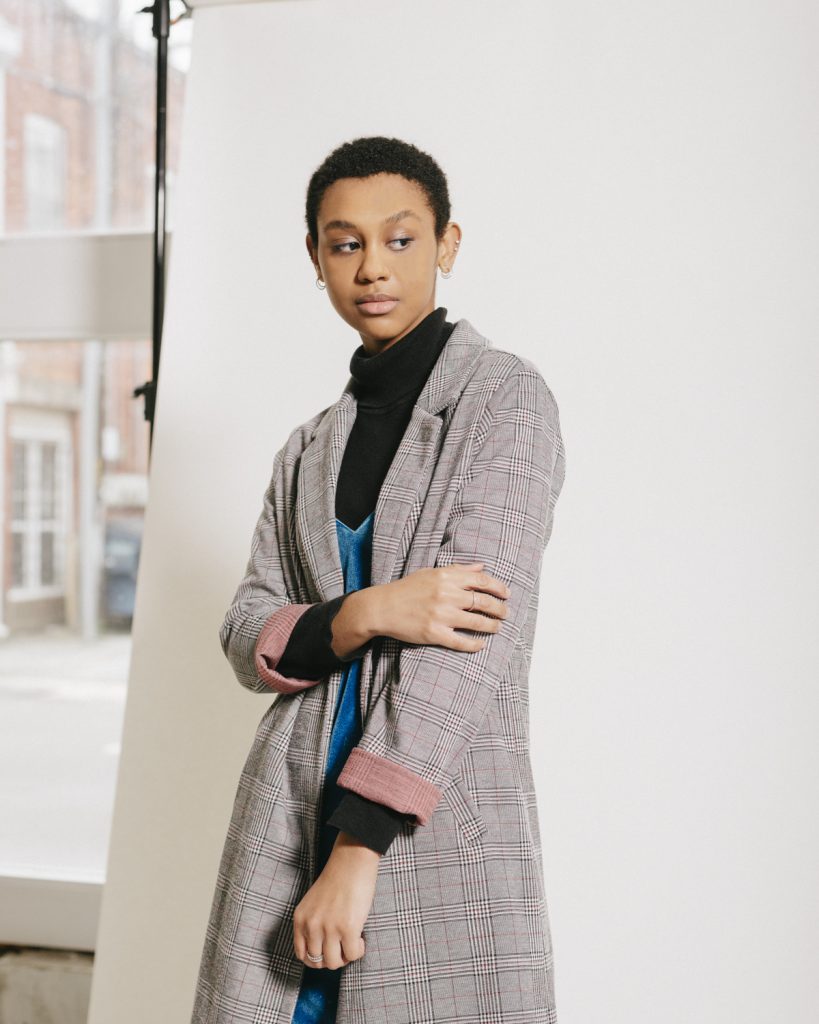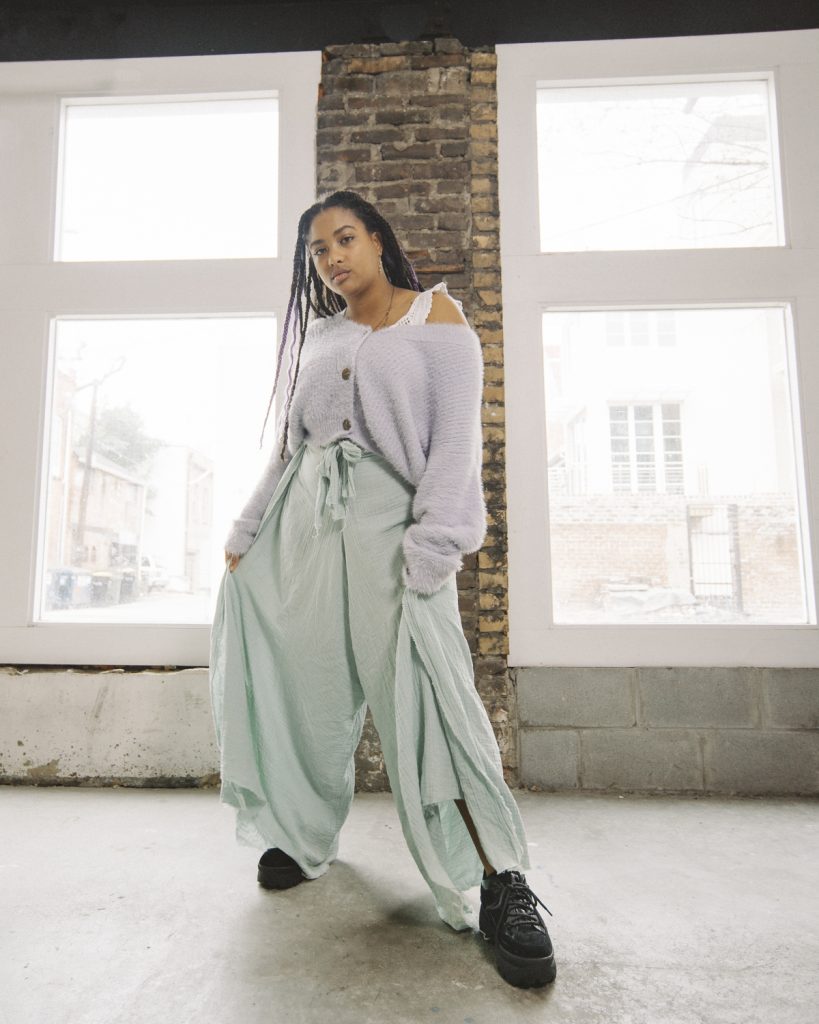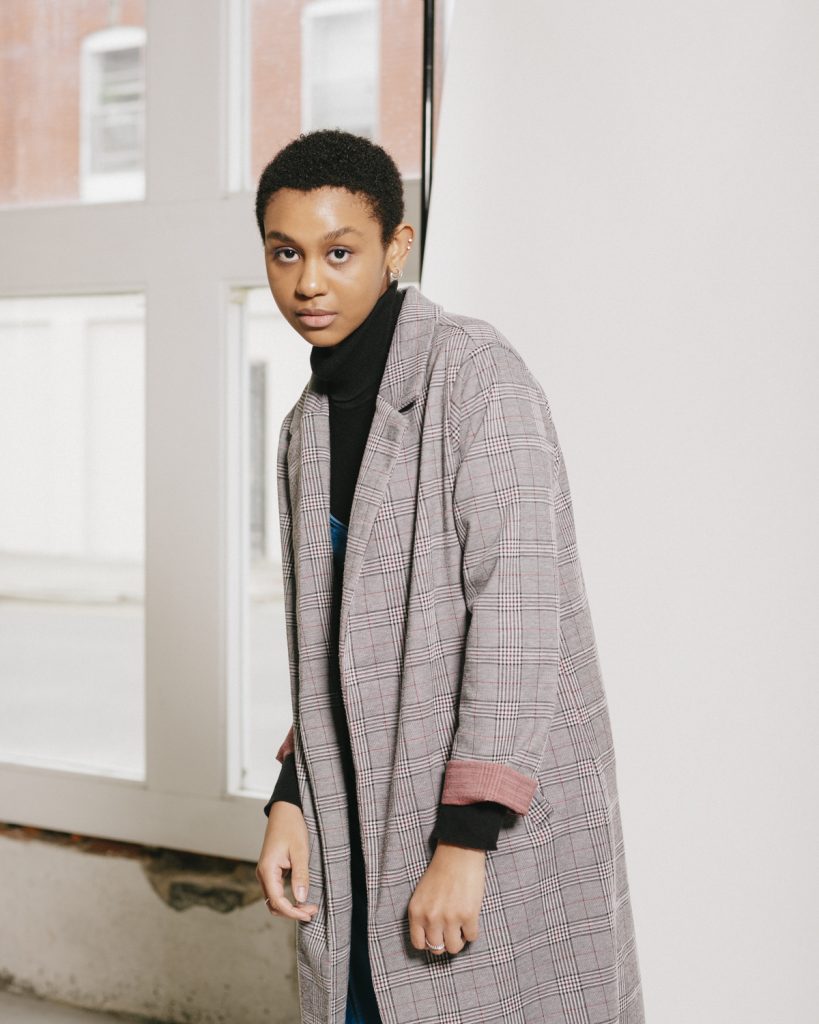The chiefly white fashion industry often tends to overshadow or neglect some of the most influential Black designers, especially streetwear. Streetwear is a multi-ethnic community of different countercultures — a blend of the skate, surf, hip-hop, and graffiti scenes, with a dash of punk rock — united by an exclusive knowledge of where to find and buy certain brands. In celebration of Black History Month, it seemed fit to celebrate some of the most influential streetwear designers. They didn’t just elevate street fashion but also played a considerable part in inventing it.
While most of us have heard about Stussy and Nike for their popular streetwear, another brand played a part in streetwear becoming popular in the 1970s. Williwear. A brand started by Willi Smith, a gay, Black man with a charm that enamored everyone that he worked with. His designs were inspired by women on the sidewalks of midtown and made for the everyday person. Smith’s streetwear combined elements of sportswear and high-end tailoring to create silhouettes that demand attention. He used to say, “Fashion is a people thing, and designers should remember that”. His clothes were simple, adaptable, and forgiving, with body inclusivity in mind. Smith never pretended he was “in the fashion business”; he was proud to sell authentic, wearable apparel.
In the late ’80s and ’90s, Daniel Day, known as Dapper Dan, thrived. A Harlem couturier known as the “king of knock-offs,” Day made his name as the tailor who provided rap culture with its signature gangster-inspired style by reworking traditional luxury-house products to outfit a slew of emerging stars. While luxury brands noticed his designs, he faced lawsuits claiming he had violated brands’ copyrights which, by 1992, led to his place shutting down. In 2018, Gucci’s Cruise show featured a bomber jacket that showed similarities to Dan’s 1989 Louis Vuitton version for Diane Dixon. The garment sparked online outrage over appropriation and turned Day’s course of career for the better. Gucci teamed up with Day on a capsule collection inspired by his archive, released a limited-edition book, “Dapper Dan’s Harlem” and made Day the face of the #GucciTailoring campaign. In 2018 Gucci opened an invitation-only atelier with Day in a joint venture, supplying fabrics for his latest creations. Day still lives in Harlem, of course, and some of his new customers are second or third-generation Dapper Dan devotees. He has every intention of continuing to experiment with new hustles. “I don’t give a damn about failure; I was born part of failure. We are the phoenix — all of us here in America, every Black man, woman, and child are part of the phoenix, still rising from those ashes. All my life is about getting knocked down and getting back up. I don’t care; it’s fun!”
Streetwear, a style that majorly catered to male customers, has started gaining traction among females. A distinctive new voice in this menswear arena, Bianca Saunders, specializes in proposing jarring twists to succinct garments, effectively redefining existing notions of masculinity. Drawing from touchstones on either side of her British and West Indian background, Saunders addresses the tension between tradition and evolution in designs that reference classic streetwear and avant-garde couture in equal measure, at times within the same piece. Staple jersey t-shirts are transformed by way of delicate ruched flourishes, while experiments in satin textures blur the line between lounge pants and formal trousers. This refreshingly self-assured sense of ambition establishes Bianca Saunders as a label unafraid to explore the malleability of streetwear-informed fashion, resulting in collections that effectively reveal the vulnerability that underlies straight-faced menswear. She’s one of the few Black designers in the city, and while she’s working on not letting reviews of her collections get to her, she doesn’t mind being called a “Black” designer. “There are so few Black people designing and getting good press because of their work and not their race,” says Saunders. “So it’s fine, but I don’t like when people only compare me to Black designers and not white designers. I want to be compared to everyone.”
These fearless designers have never been discouraged by the obstacles and labels that have come. They overcame them with grace and style. They displayed streetwear as more than just clothes on your back, but a reflection of the city’s culture and inspiration embraced through apparel. Even with significant strides happening against cultural appropriation, it is still essential to ask the question, “Was the support truly genuine when we saw Black-owned brands gaining traction after the racial tension events of summer 2020?”
Concept and Photography by Patrick Cox
Words by Rhea Gupta
Styling by Bri Shufford
Talent is Jamila Jabulani and Glynnis Leach

